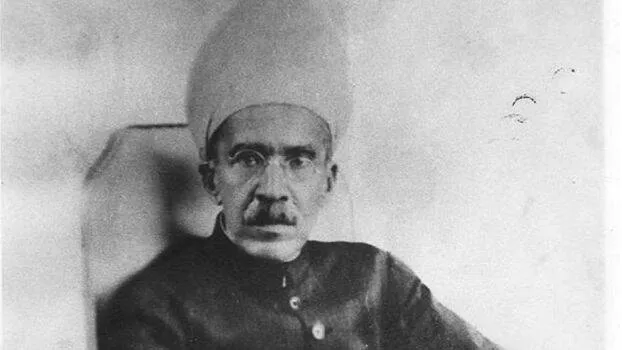

LONDON: In a major setback for Pakistan, the UK High Court on Wednesday ruled in favour of India in a decades-old legal dispute with Islamabad over funds belonging to the Nizam of Hyderabad at the time of Partition in 1947 and deposited in a London bank account.
The Nizam's descendants, Prince Mukarram Jah, the titular eighth Nizam of Hyderabad and his younger brother Muffakham Jah, had joined hands with the Indian government in the legal battle against the Pakistan government over around 35 million pounds lying with NatWest Bank plc here.
In his judgment handed down at the Royal Courts of Justice in London, Justice Marcus Smith ruled that the "Nizam VII was beneficially entitled to the Fund and those claiming in right of Nizam VII the Princes and India are entitled to have the sum paid out to their order."
The dispute revolves around 1,007,940 pounds and nine shillings transferred in 1948 from the then Nizam of Hyderabad to the high commissioner in Britain of the newly-formed state of Pakistan. That amount has since grown into 35 million pounds as the Nizam's descendants, supported by India, claimed it belongs to them and Pakistan counter-claimed that it is rightfully theirs
In 2013, Pakistan had waived sovereign immunity by issuing a claim for the fund that opened the way for the current case to proceed. The Pakistan government's legal team had claimed the fund on two alternative bases
The UK High Court, during a trial earlier this year, had been asked to determine the central question of who exactly is the beneficial owner of the funds belonging to the late Nizam, Osman Ali Khan. While the Nizam, who faced the quandary of joining Pakistan or staying with India at the time of the fund's transfer back in 1948, had later reportedly sought the return of the funds. NatWest Bank has since held on to the funds deposited into the London bank account of the then Pakistan High Commissioner Habib Ibrahim Rahimtoola in safekeeping until its rightful legal owner is established.
The ruling marks an important conclusion to an extremely long-drawn legal battle, which also witnessed the Indian government, the princes and the administrator of the estate of Nizam VII compromising their differences and entering into a confidential settlement agreement last year, which meant the case was effectively an India-Pakistan clash in the UK courts